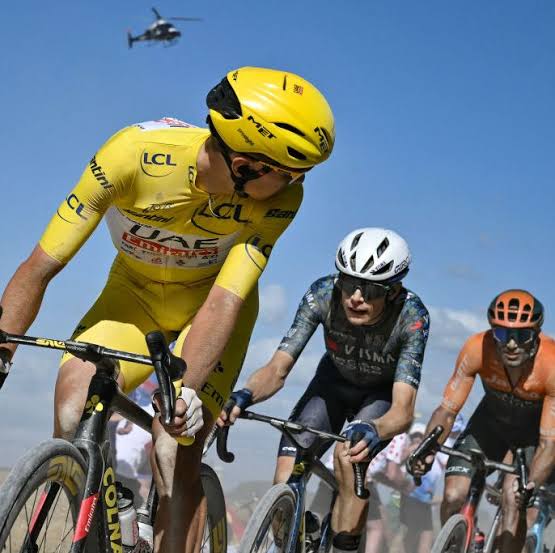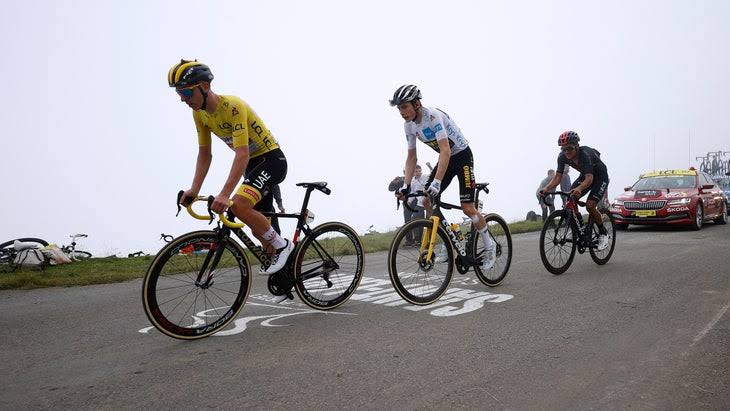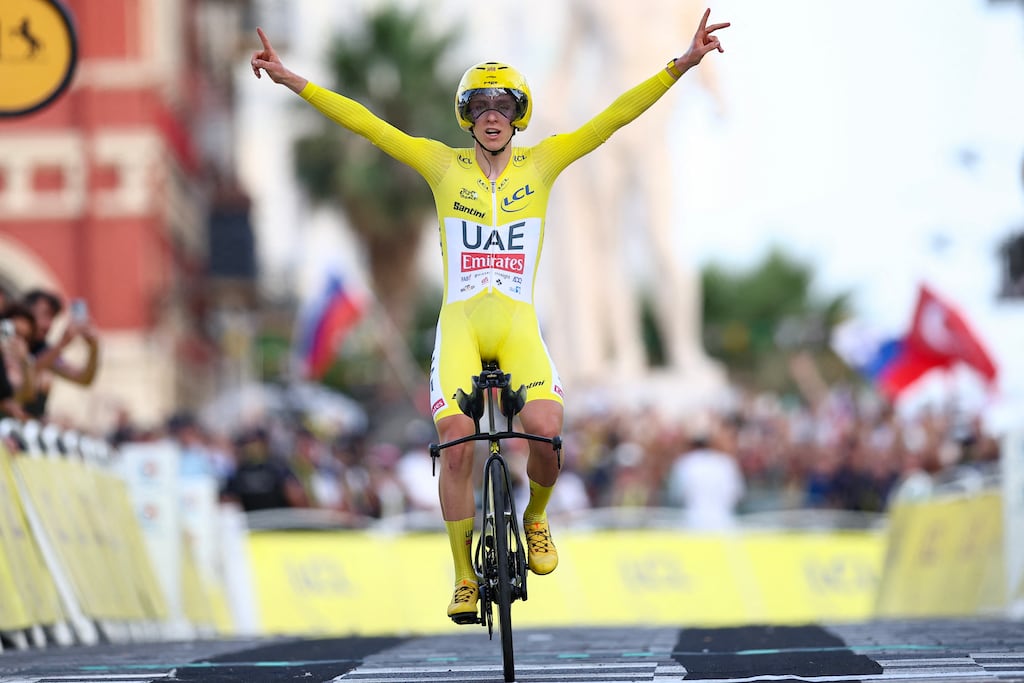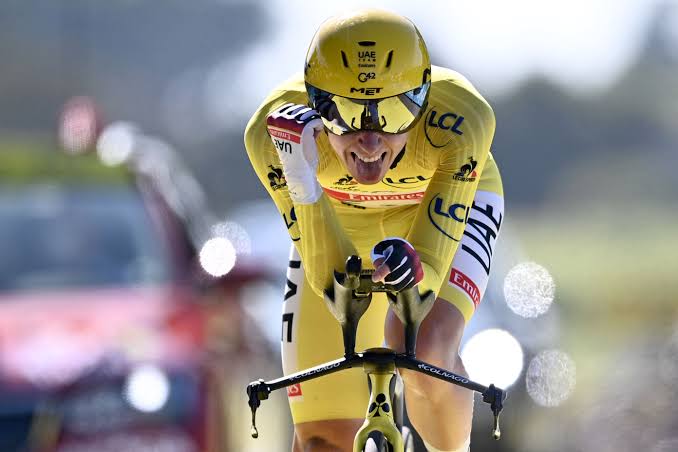After Tadej Pogačar’s remarkable Tour de France win, he faced significant management crises that demanded careful handling both internally and externally.

The management team around Pogačar, including his coach, sponsors, and advisors, had to navigate several key challenges to maintain his career trajectory and public image.

Firstly, managing heightened expectations was crucial. Pogačar’s unexpected victory in the Tour de France catapulted him into the global spotlight, leading to increased pressure to perform in subsequent races and seasons.
His management team had to strategize on how to balance these expectations with realistic goals and ensure Pogačar’s long-term development as a cyclist.

Secondly, handling media attention and public relations became paramount.
With fame came scrutiny, and any misstep in interviews or public appearances could potentially impact Pogačar’s reputation. His management team likely implemented media training sessions to equip him with the skills needed to communicate effectively and positively represent himself and his sponsors.
Thirdly, managing sponsor relationships was critical. Pogačar’s success attracted new sponsors while also placing existing partnerships under a magnifying glass.
His management team needed to negotiate new deals, ensure obligations to current sponsors were met, and protect his personal brand integrity amidst commercial interests.
Furthermore, managing Pogačar’s physical and mental well-being was essential post-Tour.
The grueling nature of professional cycling demands meticulous recovery plans and psychological support.
His coach and medical team would have focused on designing training regimes that balanced rest and performance to prevent burnout and injuries.
Internally, within the team structure, there might have been challenges related to handling success-induced tensions or conflicts.
Maintaining team cohesion and morale while accommodating individual aspirations and egos can be delicate, especially after a major victory.
Externally, navigating the competitive landscape of professional cycling also required astute management.
Pogačar’s rivals would analyze his tactics and seek to counter them in future races, necessitating ongoing strategic planning and adaptation.

In conclusion, managing Tadej Pogačar after his Tour de France win involved a multifaceted approach encompassing performance expectations, media scrutiny, sponsor relations, physical well-being, team dynamics, and competitive strategy. His management team’s ability to effectively navigate these crises would ultimately play a crucial role in sustaining his success and ensuring his continued growth as a cycling champion.